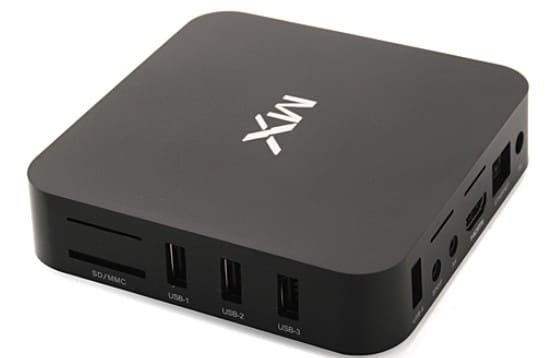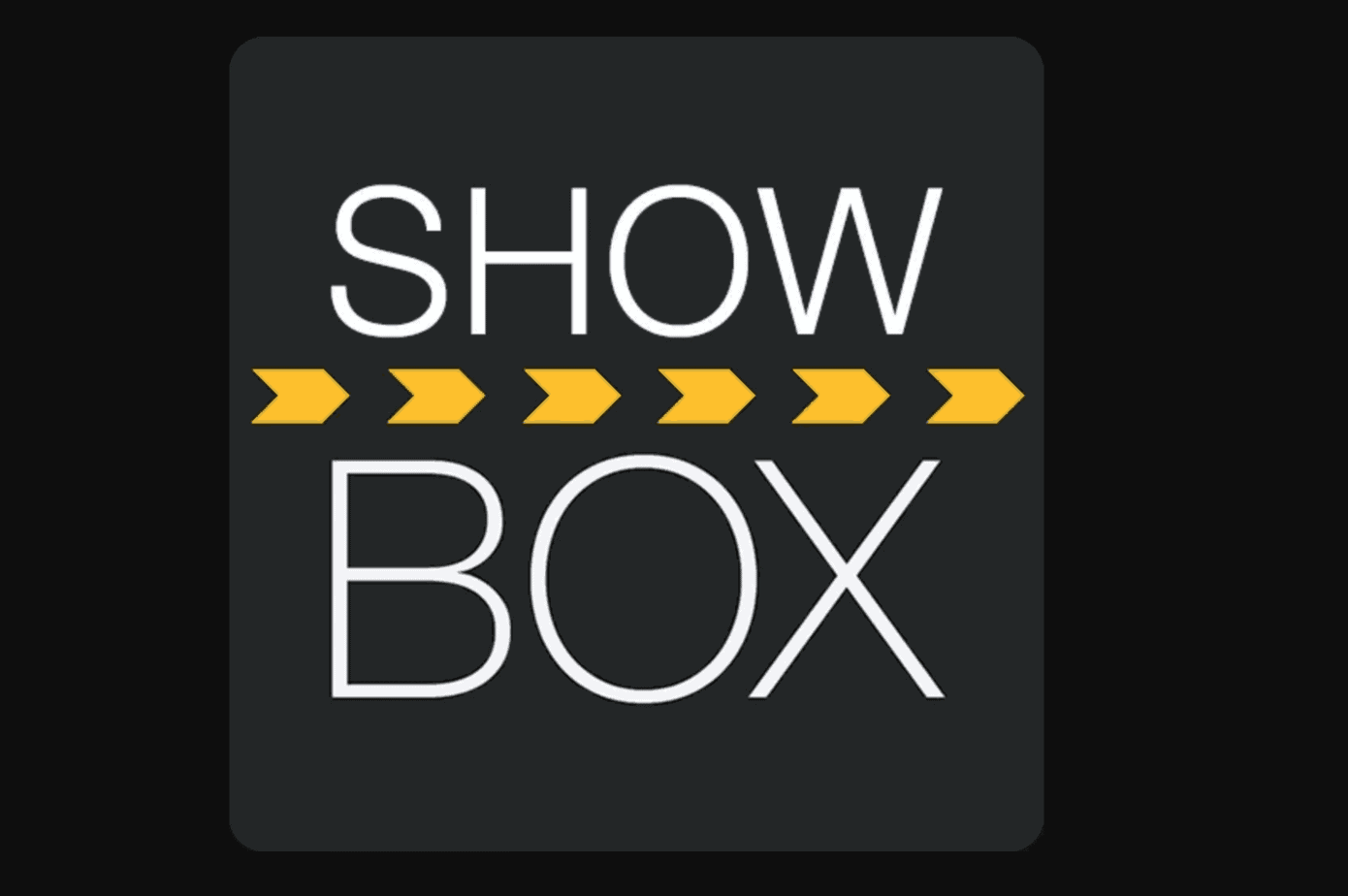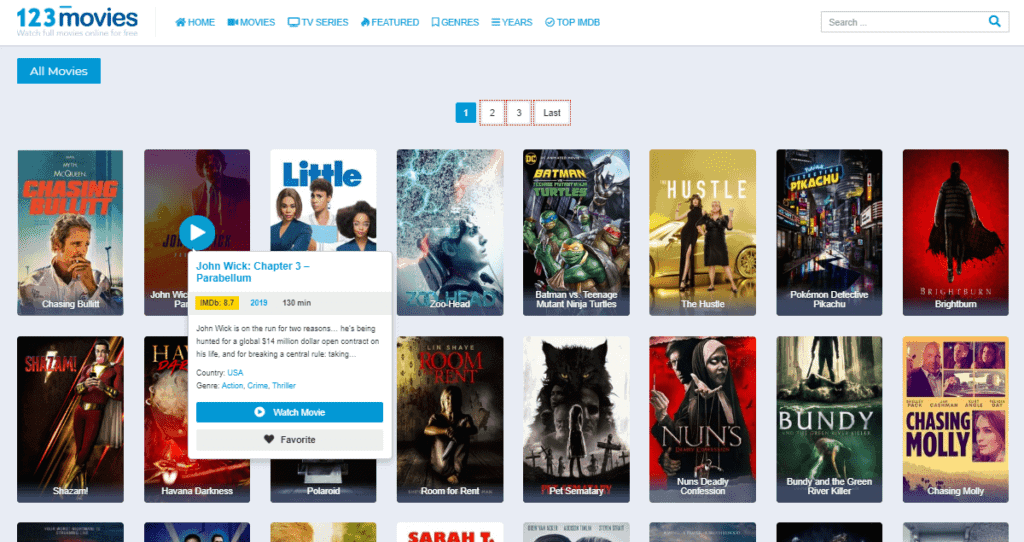
 Is streaming illegal in Canada? If so, then what is illegal to watch on the internet in Canada? Canadians keep downloading and streaming content that may or may not be illegal. And many have questions just like this. Is a day of reckoning on the way?
Is streaming illegal in Canada? If so, then what is illegal to watch on the internet in Canada? Canadians keep downloading and streaming content that may or may not be illegal. And many have questions just like this. Is a day of reckoning on the way?
A couple of developments concerning copyright infringement and internet use have come up on the international radar, potentially both good and bad for those of us Canadians who like to go online and get stuff for free.
Is streaming illegal in Canada?
First, the European Court of Justice recently handed down its judgment on “fully loaded” Kodi boxes, declaring the media players with the added pirate streaming plug-ins to be illegal. The decision from the European Union’s highest court states that “the temporary reproduction on a multimedia player of a copyright-protected work obtained by streaming is not exempt from the right of reproduction” — in essence, saying that accessing illegally copied movies and TV shows through pirate websites, even if it’s just to stream them, should be viewed in the same light as illegal downloading.
And while the Canadian courts have yet to make a similar ruling, the day may be coming, as three cable TV companies, Bell, Rogers and Vidéotron have already launched a Federal Court case against retailers of the fully loaded media players.
Also known as Android TV boxes, the gadgets do what internet users can already do on their own —stream illegally-obtained content from third-party sites — but essentially makes the act a lot easier, with the right add-ons to connect you to the third-party sites already stocked (hence, “fully loaded”) on your media player.
Canadians downloading unpaid content: Sandvine says seven per cent are using Kodi boxes
The process is seamless enough to make the enterprise of illegal streaming that much more tempting, and Canadians seem to be getting hooked. As reported in the Globe and Mail, tech company Sandvine has determined that currently over seven per cent of the home internet traffic in Canada involves the use of Kodi boxes with plug-ins to access content without paying for it.

“It’s not an insignificant amount of people if you think of how many households there are in Canada,” says Sandvine spokesperson Dan Deeth, to the Globe and Mail. The cable companies have received a temporary injunction preventing the five retailers named in the action from selling the Android boxes until the case is resolved. In the meantime, Canadians will continue to partake in what Deeth calls “the new face of piracy.”
The second development of note came from the United States when earlier this year the Center for Copyright Information made an abrupt change in tactics for dealing with illegal downloaders, saying that it would no longer be sending copyright infringement alerts to folks engaged in pirating.
While the CCI claimed that its four-year campaign of mailing intimidating letters to people about their downloading practices made a significant impact and “succeeded in educating many people about the availability of legal content,” the end result has been interpreted as somewhat of a surrender to the inevitable dark forces of the internet. Steven Favrizio, executive vice president and global general counsel for the Motion Picture Association of America said that the big issue in downloading is “repeat infringers” and that the CCI letter-writing campaign failed to address this aspect. Favrizio said that the program “was simply not set up to deal with the hardcore repeat infringer problem.”
Warning letters from content owners a “shakedown”
But here in Canada, the letter writing continues. Established in 2015, the Copyright Modernization Act requires that internet service providers forward to their customers letters from copyright owners who believe an infringement has occurred. The so-called Notice and Notice regime was set up to take the responsibility of enforcing copyright rules out of the hands of the internet service providers (who, understandably, are not interested in haranguing their own customers) while at the same time getting the message through to individuals who may be partaking in illegal infringement activities.

Yet, many have voiced complaints about the system, as unsuspecting internet users are left receiving copyright infringement notices from private anti-piracy companies, letters which are often threatening in tone and typically demand cash settlements from users in order to make the problem go away. That amounts to a shakedown, says Meghan Sali of Open Media, a Vancouver-based internet advocacy group. “This letter is essentially asking people to pay money before any wrongdoing has been proven,” Sali said to CBC News.
No need to respond to threatening letters or pay fine, government says
In fact, the government explicitly states that the Notice and Notice system is separate from any lawsuit for copyright infringement and that receiving such letters poses no obligation on individuals to, for example, pay settlement fees or take any specific action.
Thus, until the infringement rules are revised — or until the courts make a new decision on copyright — it looks as though Canadians are likely to keep on streaming and downloading.
File under : Canadians downloading illegal content, Canadians downloading illegal content 2019
Leave a Reply
You must be logged in to post a comment.



 Share
Share Tweet
Tweet Share
Share




Comment